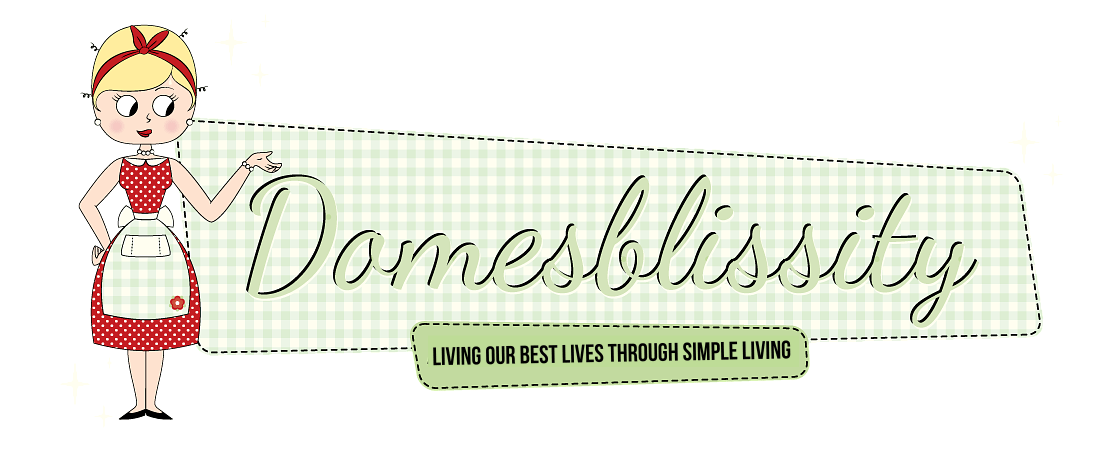It’s reasonable for parents to be a bit hesitant to expose their children to technology. However, in today’s day and age, modern technology has become increasingly involved in our daily lives. Electronic devices and gadgets are available with a variety of uses for different age groups at different price ranges. In fact, children enjoy playing with both traditional toys and gadgets. Here are some pros and cons of buying a tablet for your child.

If you’re considering getting a gift for your child, a tablet might actually be an interesting choice. The thing is, would a tablet help with your child’s development? What are the pros and cons of buying a tablet for your child?
Pros: Tablets Can Provide an Interactive Environment for Children
Portable and flexible to use
Using a tablet allows you to customize and tailor the learning experience of your child. You can download different apps based on the educational requirements and age of your child. Tablets can provide hours upon hours of fun and learning for your child on the go. Not only that, but they are also monitorable, allowing you to choose the kinds of apps you want your child to use and be exposed to. A tablet under $300 can already be loaded with a lot of activities fit for your child.
Increase enjoyment of learning
Tablets as learning platforms can be extremely fun and engaging. The touchscreen feature and the colorful graphics make learning fun and easy, especially when analysis and problem-solving activities are done through interactive games.
Improve their language skills
Tablets can also help improve the language skills of a child. How? Children need to go through a number of pages before they can play and learn with the tablet. The menus, rules, and instructions of the game or activity they are doing aid your child in letter identification, comprehension, and vocabulary expansion in a seamless manner without having to force these concepts with them.
Cons: Tablets Can Foster Dependence on Technology

Might be addictive and can discourage actual study
Unfortunately, tablets may be a cause of inconvenience for parents especially when your child suddenly starts growing too fond of them. Tablets can be a source of addiction and dependence on children, especially if they see these as their only way of “having fun.”
Not as good as actually interacting with other people
Another disadvantage of tablets is that they may discourage children from interacting with others. This can be bad, as human interactions actually create emotional connections and help improve their cognitive abilities. Using tablets too much can make your child miss out on bonding with you and other children.
May discourage physical activities
When you rely on tablets for most of your child’s learning, this might discourage them from doing any physical activity. This can be extremely detrimental because physical activity plays a huge part in your child’s physical development. Not having enough physical activity will increase your child’s risk of obesity and may even weaken their immune system, making them susceptible to diseases.
Discourage the use of certain skills
Although the use of tablets can enhance your child’s creativity, imagination, and problem-solving skills, it can only do so to some extent. Advanced communication, critical thinking, and other skills can be learned and developed through physical interaction with other children and adults and by doing physical activities.
The Bottom Line: Tablets to Help Foster Growth When Used Properly
Getting your child a tablet may or may not be the cause of a lot of regrets of parents in the long run. Today’s young generation is particularly tricky to handle. Tablets as a medium of teaching are increasingly becoming common in this era, and it is undeniable that exposing your child to technology offers many advantages. Knowing whether or not a tablet can be good for your children is a matter of judgment and control on the part of the parents. A tablet is only a tool – therefore, how you let your child use it can determine whether it can be helpful or not in the long run.



